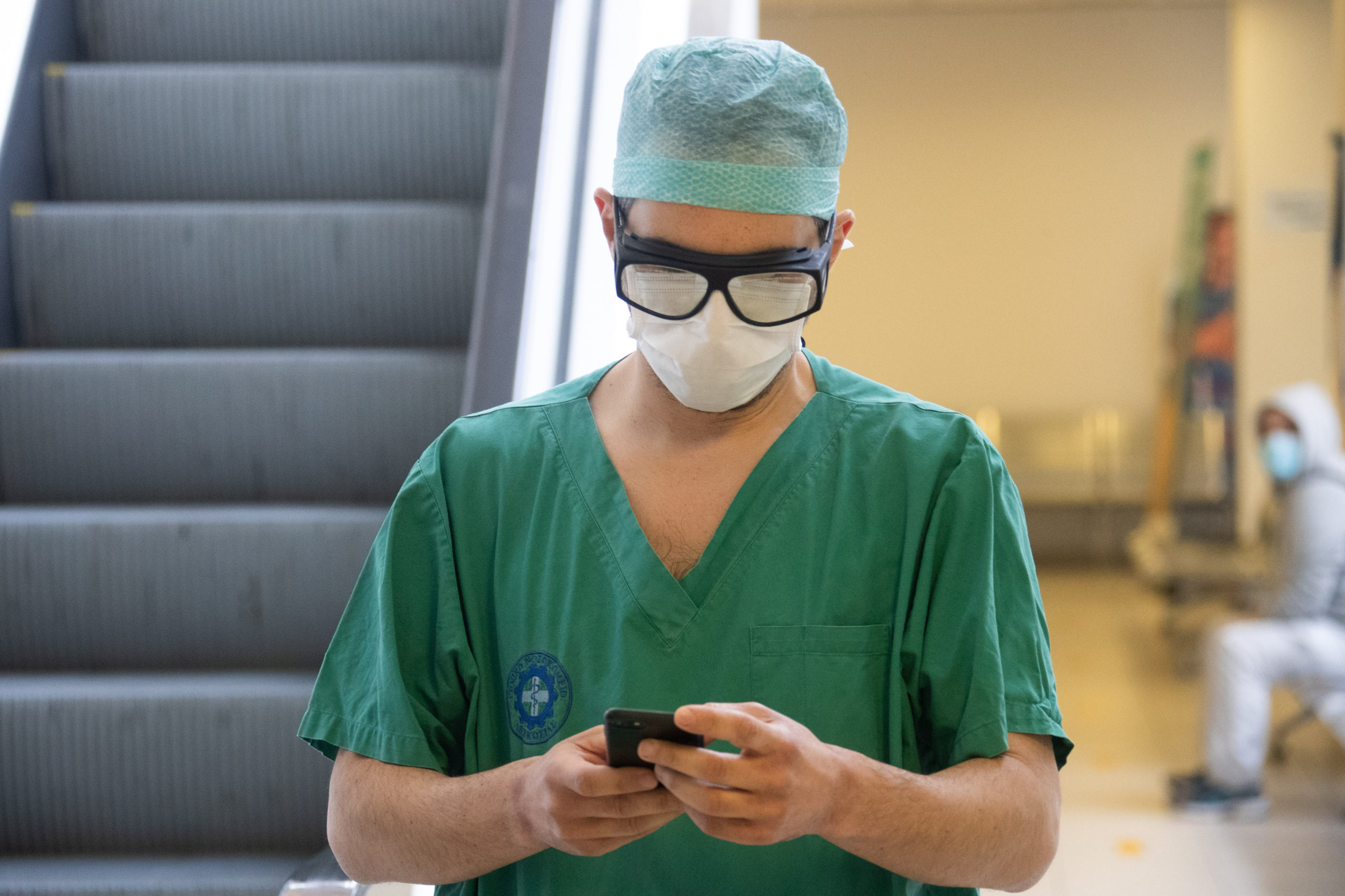Cyprus reported another death on Sunday raising the total to 40, of which 14 were reported in the past week alone.
The Health Ministry said that an 82 year old woman, with underlying health issues, died in Famagusta General hospital, due to COVID-19, while it also announced 127 new cases of SARS-CoV-2 raising the total since the start of the pandemic to 7,178.
Some 2,605 positive cases were discovered in November, while the number of patients treated at hospitals rose to 73, up from 64 on Saturday.
This rising number prompted the government to impose a lockdown on Limassol and Paphos until the end of the month.
All unnecessary travel to and from the two towns has been restricted and most schools are operating online.
Officials are concerned that Limassol is accounting for a growing number of coronavirus infections, primarily among young people and students.
Education Minister Prodomos Prodromou said that 31 of the 36 high schools in the district had positive cases with 223 infections discovered among students and teachers. A further 2,000 students from Limassol have been quarantined due to contacts with confirmed cases.
In Limassol and Paphos people were queueing up for free tests to be eligible for exemption from the curfews, especially those in the retail trade and distribution or people working in essential services.
The health ministry said that 650 tests were conducted on Sunday, with more samples expected until Wednesday.
Christos Shammas, head of the Bioanalysis Clinical Lab in Paphos said that they had taken 750 samples on Sunday, and expect to continue at this pace over the next few days.
Meanwhile, the police apprehended 30 people from an anti-mask demonstration in Limassol that turned violent on Saturday evening, as some protesters set garbage bins on fire and violated the 8pm curfew, but were chased through the narrow streets of the old town.
Epidemiologist Dr Petros Karayiannis, one of the government’s leading scientific advisors said that this event alone could be a major setback and see a spike in infections as none of the protesters respected personal health rules.
“Such events should be the exception and not the rule,” Dr Karayiannais said.
He added that the results of the current measures and lockdowns will be seen in about ten days times, but the daily cases of nearly 200 seen recently is more than double the infection rate that the epidemiologists anticipated.
He appealed to the public “to be patient and do what we are suggesting for just 15 days. That is not too many days and it is worth the wait.”










